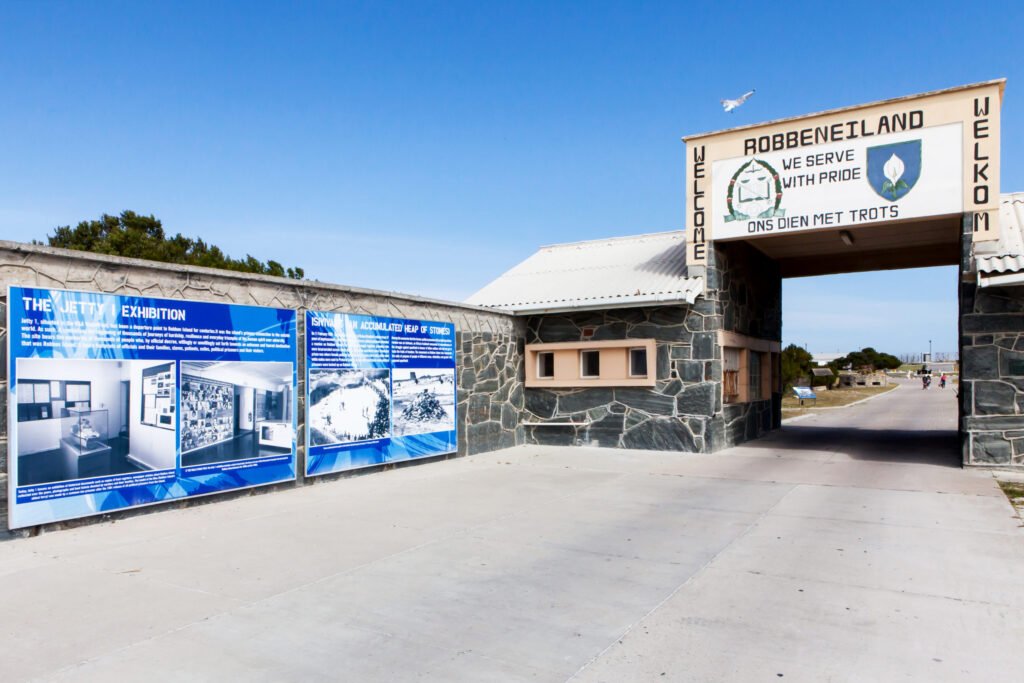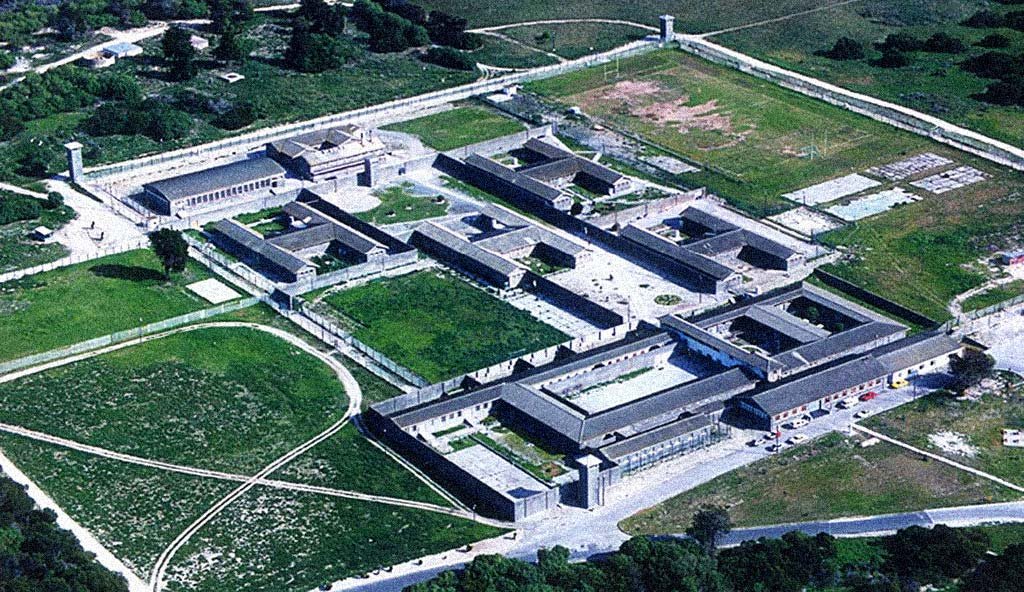Robben Island, just 12 km off the coast of Cape Town, South Africa, holds a deep history. Once a maximum-security prison during apartheid, it’s where Nelson Mandela served 18 of his 27 years in prison

More than just a prison, Robben Island was also used as a hospital for those deemed “socially undesirable.” Its tragic past as a place of isolation and oppression came to an end in the 1990s when the people of South Africa rejected apartheid and political prisoners were finally freed.

From the 17th century to the 20th century, it served as a prison, a hospital for those deemed “socially unacceptable,” and a military base. Today, the island’s remains tell a story of survival—from ancient quarries and the tomb of Hadije Kramat (1755), to 19th-century administrative buildings, and the maximum-security prison of the apartheid era, where political prisoners like Nelson Mandela were held. Robben Island stands as a symbol of democracy and freedom prevailing over racism and oppression.





